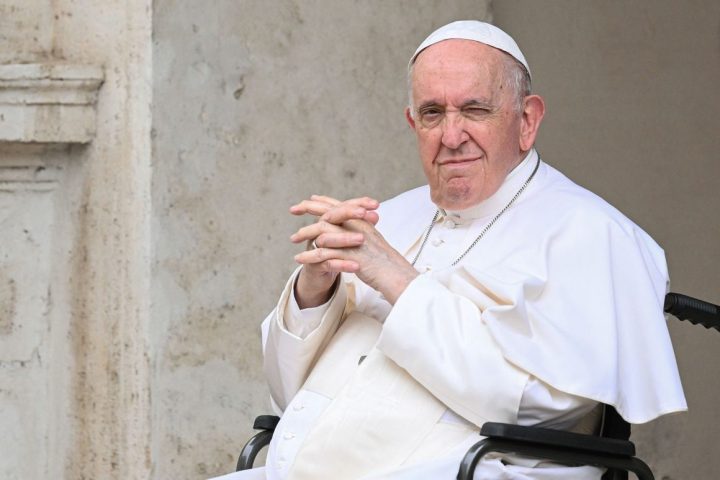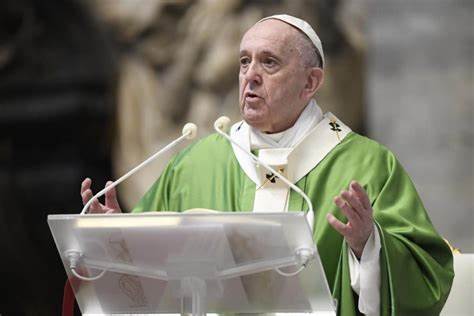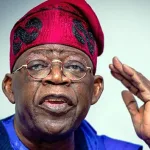President Tinubu is a political tactician who often defines his roadmaps and works slowly, steadily and strategically to achieve his set goals. He is a man with the courage of his own convictions. He also has an eye for identifying and working with tested experts towards achieving his goals, which informed his decision to appoint Dr. Olayemi Cardoso as the governor, Central Bank of Nigeria (CBN).
Dr. Cardoso is a banker, Chartered Stockbroker and public policy expert. He was the Chairman of Citibank Nigeria Limited for twelve years, Chairman of the Board of African Venture Philanthropy Alliance and Commissioner in the Lagos State Ministry of Economic Planning and Budget.
Join our WhatsApp ChannelREAD ALSO: CBN: Working Towards A Healthy Economy
He holds a Bachelor’s degree (B.Sc) in Managerial and Administrative Studies from Aston University in 1980 and later obtained a Master’s degree in Public Administration at Harvard Kennedy School of Government (HKS).
Some economy watchers have passed a vote of confidence on Cardoso and believe that he would bring the wealth of his knowledge and expertise to bear on the policies of CBN for the growth of the economy.
The role of CBN in driving the economy cannot be overemphasized. The traditional functions of central banks include, formulating and implementing monetary policy, determining interest rates and directing money supply to achieve price stability, regulating and supervising the banking and financial system, managing foreign reserves and providing economic and financial advice to the government.
But it has also been noted that central banks in developing countries play wider role and serve as financial catalysts by performing developmental and promotional activities because of the absence of vibrant capital and money markets in developing countries.
In a report, PwC also noted that central banks need to not just adapt to changing conditions, but anticipate the shift ahead and how they are going to change the playing field for monetary policy and financial stability.
The report further noted the need for central banks to be media-savvy because communication had become as important as financing, monitoring and management, to effective central bank operations, and that if done well, communication could strengthen understanding of central bank objectives, shape the market mood and provide reassurance in times of stress.
Presently, the economy is unhealthy as major macroeconomic variables are not looking good. An unhealthy economy causes financial, psychological and mental distress to citizens, de-empowers the youths and stunts inter-generational mobility. It also aggravates hostilities, insecurity and other social disruptions and trigger the exit of skilled labour, foreign capital and businesses with the concomitant consequences.
A healthy economy is the joy of a people, and the parameters that define the health of an economy include inflation rate, exchange rate, interest rate, unemployment rate and misery index. Others include levels of imports and exports, GDP and consumer confidence.
Expectations are high that CBN under Cardoso would ensure proper diagnostics of the economic challenges, initiate innovative and proper policies and make determined and result-oriented efforts to restore the health of the economy, going forward. At the Senate screening, Cardoso unveiled his plans which were impressive and it is expected that he would also implement them effectively and with the desired impact.
CBN is expected to curb the escalating inflation which has become a nightmare to citizens. The CBN Governor had noted that the Bank had adopted an explicit inflation-targeting framework and that inflation rate which stood at 28.92 per cent in December 2023 would drop to 21.40 per cent.
One of the major causes of inflation is the price of petrol and Cardoso had also noted that it was expected that the pump price would also fall as government and private owned refineries began operations.
Other causes of inflation in Nigeria include, reduction in productivity, epileptic power supply, high exchange rate, money printing and bloated foreign debt profile. Others are, higher taxes on imported goods, increment in VAT, pre-election and campaign spending, increased wages, civil unrest and insecurity.
CBN is also expected to work out measures that would improve liquidity in the foreign exchange market and clear FX obligations. It is also expected to implement the recapitalization of banks for enhanced solidity in view of the devaluation of the naira and other critical developments in the economy.
CBN would holistically address the critical towards restoring the health of the economy in 2024, going forward.
Nwobu, a Chartered Stockbroker and Policy Analyst wrote via arizenwobu@yahoo.com Tel: 08033021230


















Follow Us